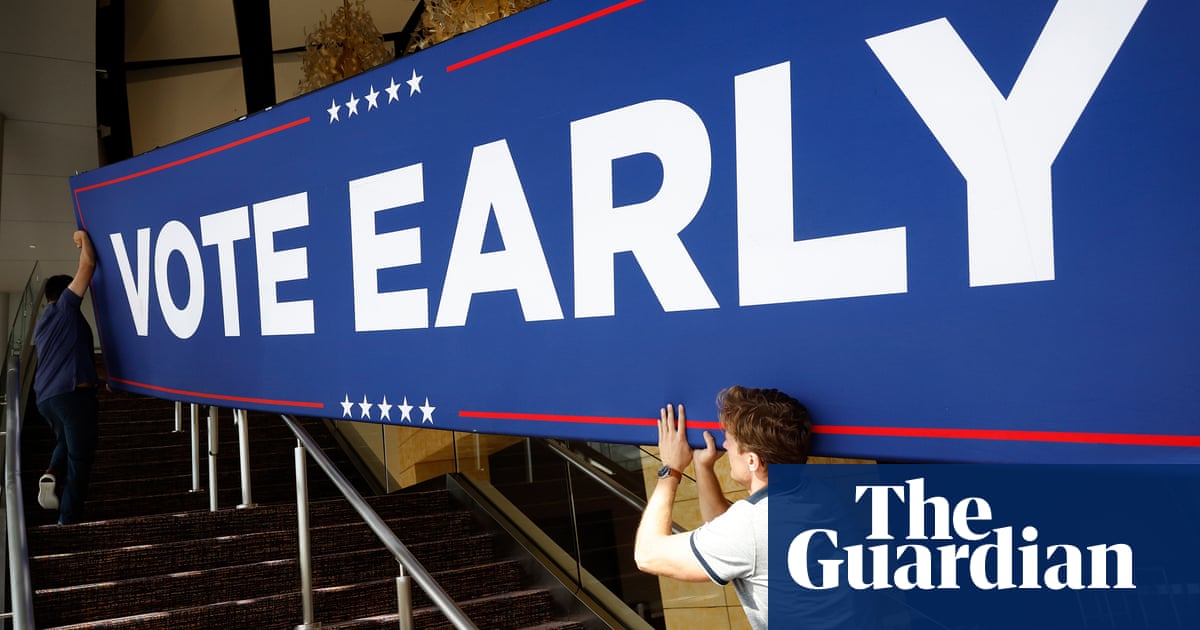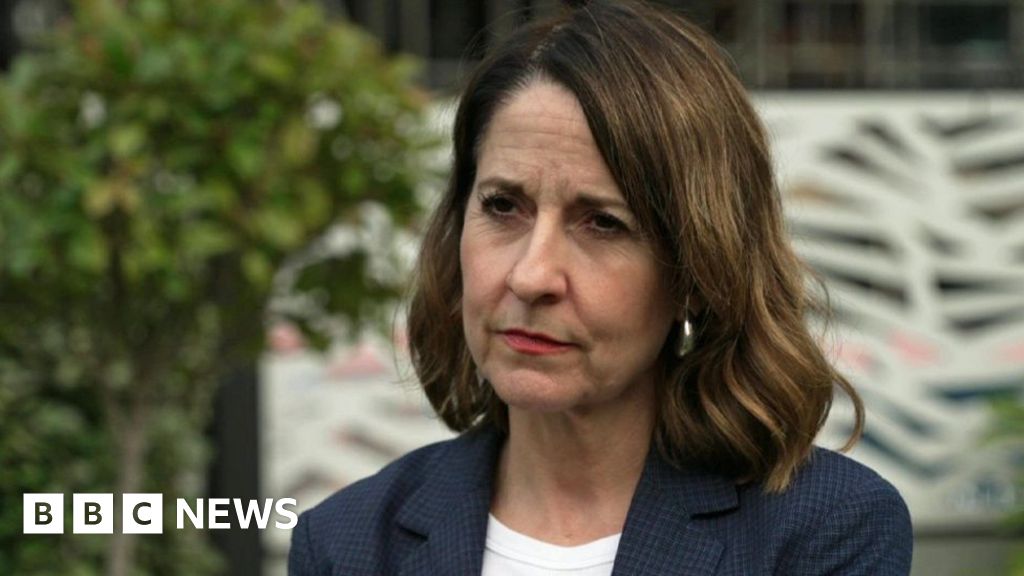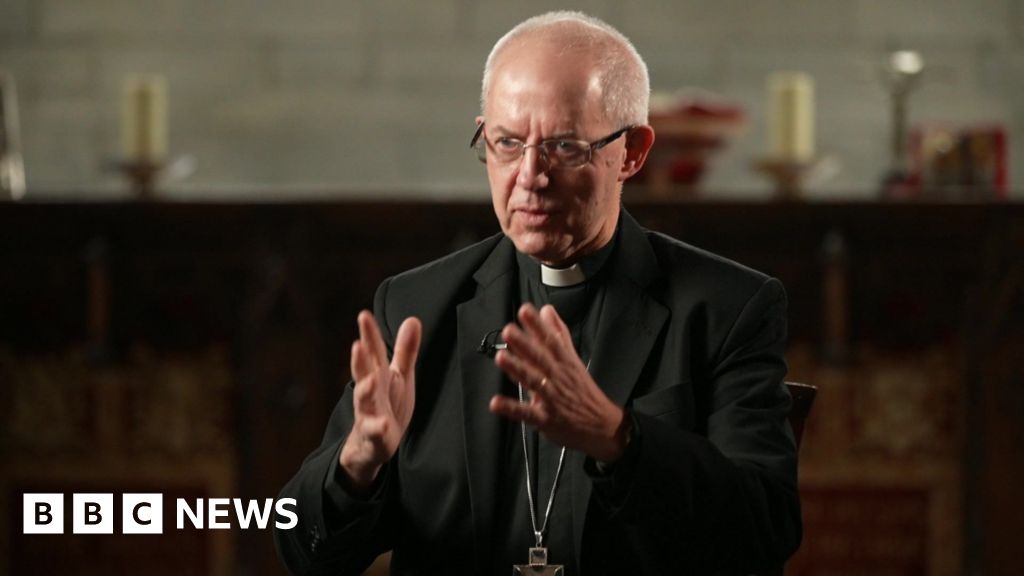By Andrew Chung
(Reuters) -The U.S. Supreme Court declined on Wednesday to put on hold a new federal rule targeting carbon pollution from coal- and gas-fired power plants at the request of numerous states and industry groups in another major challenge to President Joe Biden's efforts to combat climate change.
The justices denied emergency requests by West Virginia, Indiana and 25 other states - most of them Republican led - as well as power companies and industry associations, to halt the Environmental Protection Agency rule while litigation continues in a lower court. The regulation, aimed at cutting greenhouse gas emissions that drive climate change, took effect on July 8.
The rule would require existing coal and new natural gas-fired plants eventually to reduce emissions including by capturing and storing carbon dioxide.
The EPA's new rule, issued under the landmark Clean Air Act anti-pollution law, was issued two years after a major ruling by the Supreme Court in 2022 undercutting the agency's power to issue sweeping regulations to force an electric-generation shift from coal to cleaner energy sources.
The EPA has said efforts to address climate change and its impacts such as extreme weather and rising sea levels must include the power sector because fossil fuel-fired plants make up 25% of overall domestic greenhouse gas emissions.
Notably, the rule mandates that coal plants operating past 2038 and certain new gas plants reduce emissions by 90% by 2032 including by using carbon capture and storage systems that extract carbon dioxide from plant exhaust and sequester it underground.
The EPA has called the technology proven and technically feasible. The rule's challengers have said it has not been shown effective at the scale predicted by the EPA.
The rule's requirements are "really a backdoor avenue to forcing coal plants out of existence," West Virginia, a major coal producer, and other state challengers said in a written filing.
The Supreme Court's 2022 ruling was based on what is called the "major questions" legal doctrine embraced by its conservative justices that requires explicit congressional authorization for action on issues of broad importance and societal impact.
The states and certain other challengers contend that the EPA's new rule likewise implicates a major question and exceeds the agency's authority.
Numerous states and industry players filed multiple lawsuits challenging the rule in the U.S. Court of Appeals for the District of Columbia Circuit, which on July 19 denied requests to pause the regulation pending its review.
The case did not implicate a major question because the EPA's actions setting plant limits were "well within" its statutory authority, the D.C. Circuit stated.
(Reporting by Andrew Chung in New York; Editing by Will Dunham)

 German (DE)
German (DE)  English (US)
English (US)  Spanish (ES)
Spanish (ES)  French (FR)
French (FR)  Hindi (IN)
Hindi (IN)  Italian (IT)
Italian (IT)  Russian (RU)
Russian (RU) 






















Comments